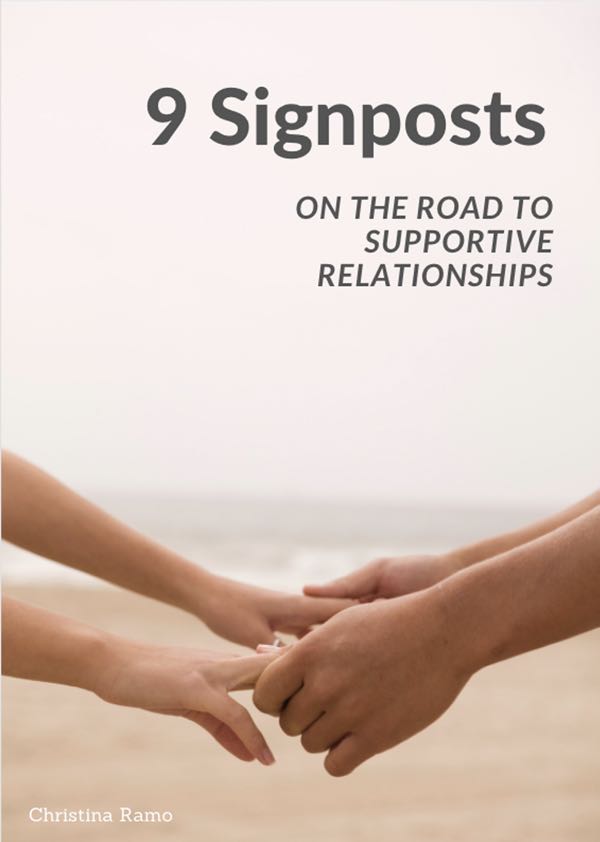
How to make sense of Mindfulness in Practice
We hear the word ‘mindfulness’ a lot. Mindfulness is invisible and intangible so how do we make sense of it and make it relevant to our daily life?
Is your mind elsewhere?
By allowing our mind to wander off wherever it wants to – which is what minds love to do – we are not experiencing the present. We wonder “How did I get here?” or lose track of a conversation. To enjoy life and to connect with people, it’s important to be ‘here’, to be ‘present’. This is mindfulness: engaging with the present and really living the experience.
How is mindfulness helpful?
By practising mindfulness, you will:
• Get to know yourself better
• Cope with change and unpleasant experiences
• Connect with others
• Feel calmer
• Think clearer
• Sleep better, and importantly
• Appreciate the richness of experiences and revel in a higher sense of wellbeing.
Research demonstrates that mindfulness can improve our brain’s ability to process information, which also helps to lift our mood and reduce stress. It’s no great surprise then that with less stress, our immune system is strengthened and brain-related problems in old age are reduced.
So how do you become mindful?
I spend much of my time helping clients to find a way to mindfulness that works for them. You can start with some small steps simply by:
• Being kind to yourself
• Giving yourself permission to stop and take a breather
• Learning to be less judgmental of yourself and others
• Focusing on your actions when washing dishes, eating, etc and
• Mastering the art of watching your thoughts come and go without your mind getting bored and interfering.
To jumpstart the process, you could participate in mindfulness classes to hone your skills. A little bit of practice everyday, will take you a long way. Put aside 45minutes and join us in a Mindfulness Class.
Mindfulness Classes at Alithea

